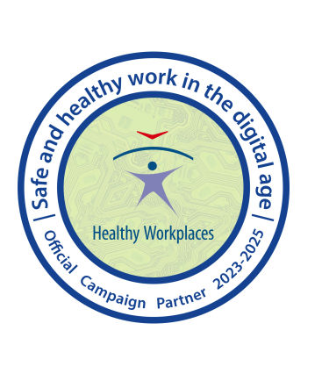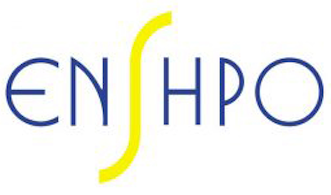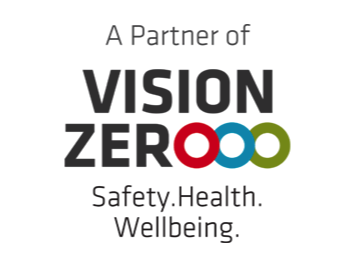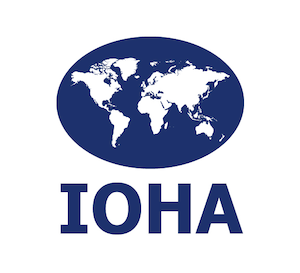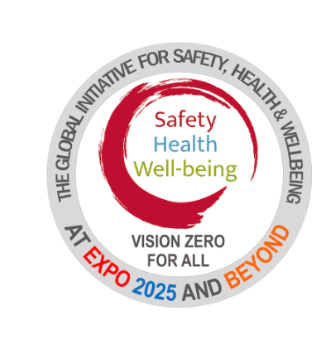A joint workshop organized by ENETOSH, EU-OSHA, ILO, ISSA, and NIOSH
27. Sep 2012 /
Read more … Mainstreaming OSH into Education: Towards a Culture of Prevention
New Factsheet by EU-OSHA
16. Sep 2012 /
Read more … Strategies for training teachers to deliver risk education
New report by EU-OSHA
10. Jul 2012 /
V.N. Karazin Kharkiv National University (Ukraine) and David Gold, Gold-Knecht Associates
30. Jun 2012 /
Working together for risk prevention
28. Jun 2012 /
Inaugural meeting in Zagreb
21. Jun 2012 /











